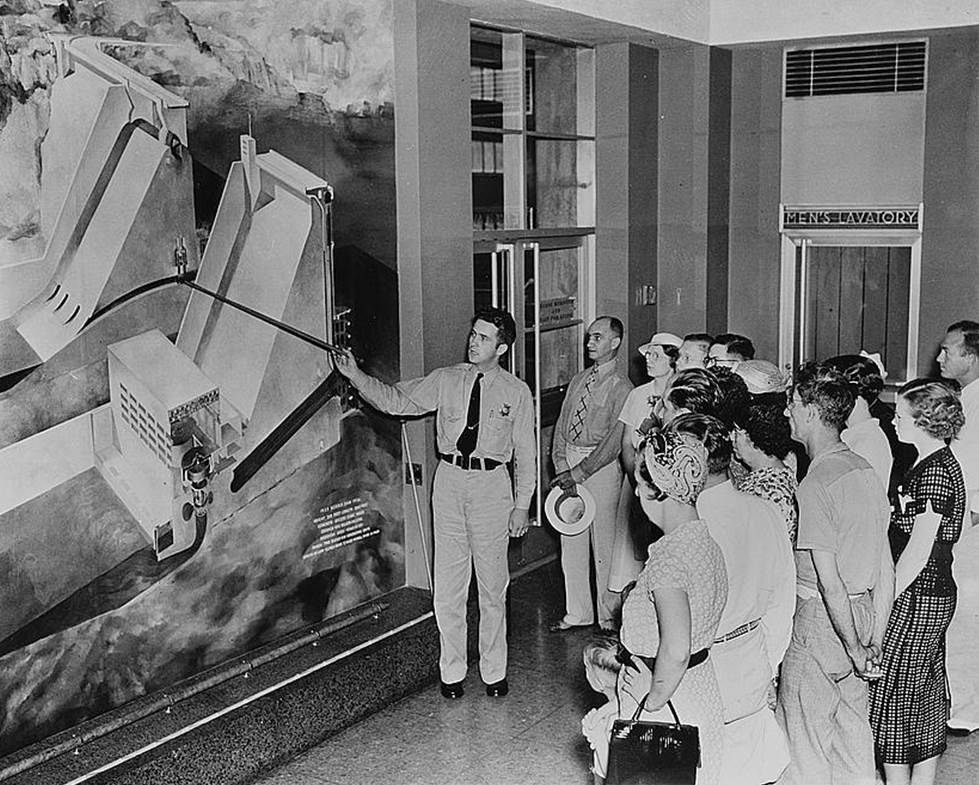 Planning, planning. In the end it all comes down to good planning whatever the size of your activity or campaign.
Planning, planning. In the end it all comes down to good planning whatever the size of your activity or campaign.
We asked one of Scotland's top comms pros to share some insight and lessons on the extensive planning activities which local government and partners undertake in Scotland.
Local government is very good at making plans.
Big, bold and usually in Times New Roman, they sit majestically on shelves in offices across Councils ready to be thrown on to a table at a moment’s notice.
A plan for every eventuality, every scenario and for every type of situation that can arise.
Yes, we have a plan. It looks great and there it is on display for everyone to look at.
But wait.
How does a plan become a reality and make an impact?
Plans only work when everyone who uses them knows exactly who is doing what with whom and where. They need to be studied beforehand and most importantly, tested.
Testing a plan validates it, highlights it shortcomings and leads to future learning to make even better ones.
I have been remarkably fortunate to have taken part in the testing of many response plans in Falkirk as we have a very unique (in Scotland) multi agency working partnership that was established more than 40 years ago to help keep communities safe in Grangemouth adjacent to the massive petrochemical plant located there.
The Major Incident Control Committee (MICC) hosts exercises at least twice a year where responders made up from the local authority, emergency services and the petrochemical industry come together to try out their plans thoroughly.
As part of these exercises, the importance of public communications is tested relative to the existing plan.
The approach has changed over time – my first recollection of an exercise was preparing faxes to go to local media sources effectively saying stay calm and stay in.
In the last few years this approach has changed as has the plan for communicating in a crisis.
The testing that we now carry out on public communications is far more involved and reflects the increasing sophistication of how information is spread in a crisis situation as well the expectations of the public.
In devising a test of the plans, we no longer look to test a simple media response model.
The most recent DISCO (Disaster Co-ordination) exercise we devised had more that 60 injects over a three hour period.
We threw in some major wobblers to test the communications team:
- Big social media influencers that are respected in their fields giving ill-informed advice (thanks Mumsnet and Bill Oddie) that could affect public safety.
- We suggested that amateur drone footage was being shown online showing a misleading impression of the extent of the situation.
- People sharing video clips of a disaster that happened in a different country but claiming it was from our scenario.
- We took out two key players at the height of the pressure to see how the team would reform to respond.
- We sent in ten injects in the space of a few minutes – each one different in terms of their effect they could have on how to respond.
- Take out wifi in the building for a short while – how do you still respond effectively if your communications can’t actually go anywhere?
These and many, many more reflected what real life situations are about – as a result, the communicators sat at their table felt exhausted but a little more prepared for a real situation.
And that is what testing is really about. It isn’t formula based – things are not perfect.
But knowing the public communicators that I do, they will do as much as humanly possible to keep the public well informed during a difficult situation.
To ensure that they have the confidence and resilience to do this, they need to be realistically tested on a regular basis to get the insight into how to respond. By making our testing as real as possible, we have made sure that those plans that we spend so much time developing actually mean something when they are needed.
I guess to end I’d say that over the years the most things that most make a difference in how successfully we respond can be summed up in a few pointers – not a definitive list but I plead with you do try these out at your next event. After all, it’s in the plan, right?
- Is your kit up to the job – have you actually connected it remotely and in situ – not using office based connections?
- Do you share the information with all the responding agencies so that they can share using their websites and social channels?
- Realistically, have you looked at how quickly you can get information out there – are you part of the operational cascade to alert responders?
- Do you have templates or cheat sheets to make sure every aspect of a communications response is covered?
- Does everyone on your team know what is expected of them and how response partnerships actually operate?
- How do you validate your communications plan and are you really testing it or simply paying it lip service?
David Grindlay is Communications Team Leader at Falkirk Council
